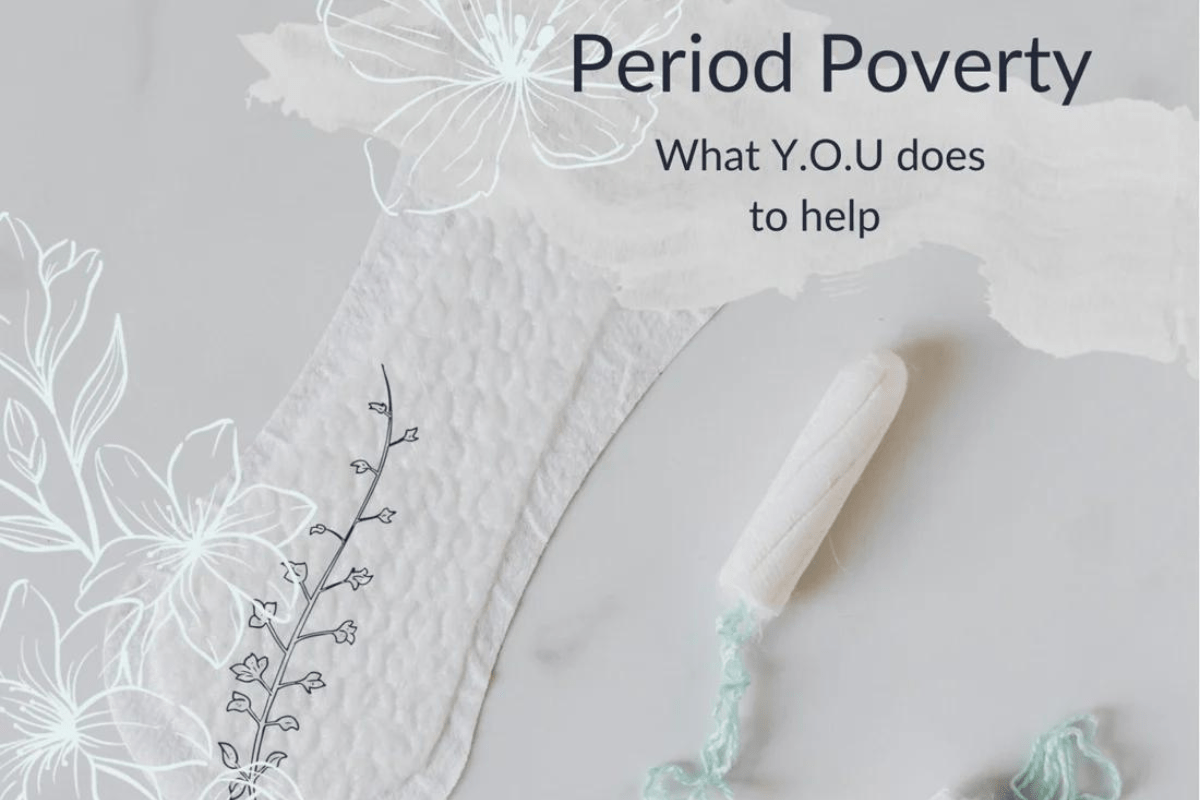
Period Poverty: What Y.O.U can do.
What is Period Poverty, and who does it affect?
Period poverty is the lack of access to safe, hygienic menstrual products and the inability to manage menstruation due to safety concerns and stigmas in some communities.
This issue affects up to 500 million people who menstrate each month, and is seen most prevalently in African and Asian countries, but not unfamiliar in places like the UK, where 1 in 10 cannot afford to buy period products. This crisis has only worsened due to the Covid-19 pandemic, which has put even more financial strain on communities world wide, leading to even further lack of access to menstruation supplies. (Image courtesy of actionaid.org.)
According to Action Aid, in Kenya alone, almost half of school-age girls are not able to access menstrual products, and in India, approximately 12 percent of its 355 million menstruating women cannot afford menstrual products. This is only a tiny snippet of the realities of period poverty.
What is the impact of period poverty?
One of the primary reasons for period poverty, aside from financial strain, is the stigma attached to menstruation in many communities across Africa and Asia. This taboo leads girls and women to feel shame towards their period, resulting in time off school and education. In places like Nepal, an ancient tradition called Chhaupadi is known to be practised, involving the banishing, often of young girls, to mud huts or sheds for the duration of their periods, believing they will otherwise bring their family bad luck or ill health. Due to this banishment, girls will miss even more school and this loss of education increases the likelihood of girls dropping out altogether and being forced into child marriages.
What Y.O.U does to help:
To combat this pressing issue, here at Y.O.U we’ve teamed up with Smalls for All, a charity that distributes underwear to vulnerable women and girls across the UK and Africa! When you purchase our ethically made 100% cotton underwear, we donate two pairs of underwear to the charity- it's the idea behind our Buy-One-Give-Two model! So far, we’ve donated an amazing 16,000 pairs to Smalls for All, helping prevent time off school for vulnerable girls across Africa and the UK. Check out our Buy-One-Give-Two model in more detail here!

By donating underwear, it can provide underwear and the ability to use menstrual products to women and girls who live across 18 countries.
We also support Just a Drop's menstrual hygiene programme in Uganda, and donate £1 for every sale of our reusable menstrual cups.
What can I do to help?
To help make a difference and end period poverty there are a number of things you can do!
Buying underwear directly from us is a great way to combat period poverty, whilst also receiving our ethically and sustainably made underwear in return! However, you can donate directly to Smalls for All here!
Another great place to donate is Action Aid, as they provide training on how to make sustainable, affordable and reusable sanitary pads for women and girls in Africa, along with helping to end the practise of chhaupadi in Nepal. With many other positive efforts, Action Aid also distributes kits containing menstrual products and toiletries in humanitarian crises. Donate here!

Period poverty remains a distressingly prevalent issue throughout the world, according to Plan International, one in five girls in the West has had to switch to less suitable sanitary wear due to issues surrounding cost. This crisis affects people who menstruate across all continents and change needs to be enacted.
Speak up about your period! The first step towards ending period poverty is to normalise talking about menstruation.
By Lois Gilbert

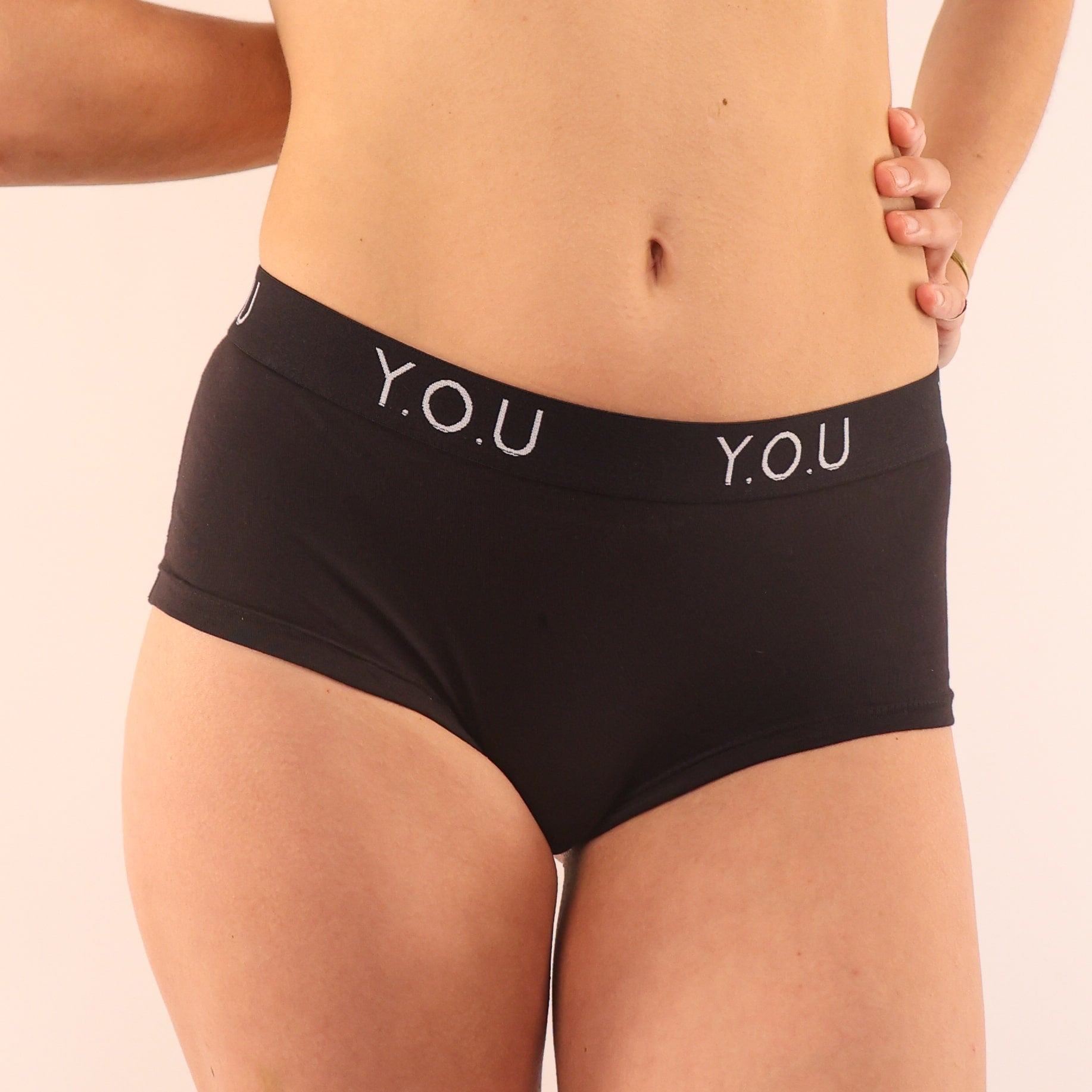
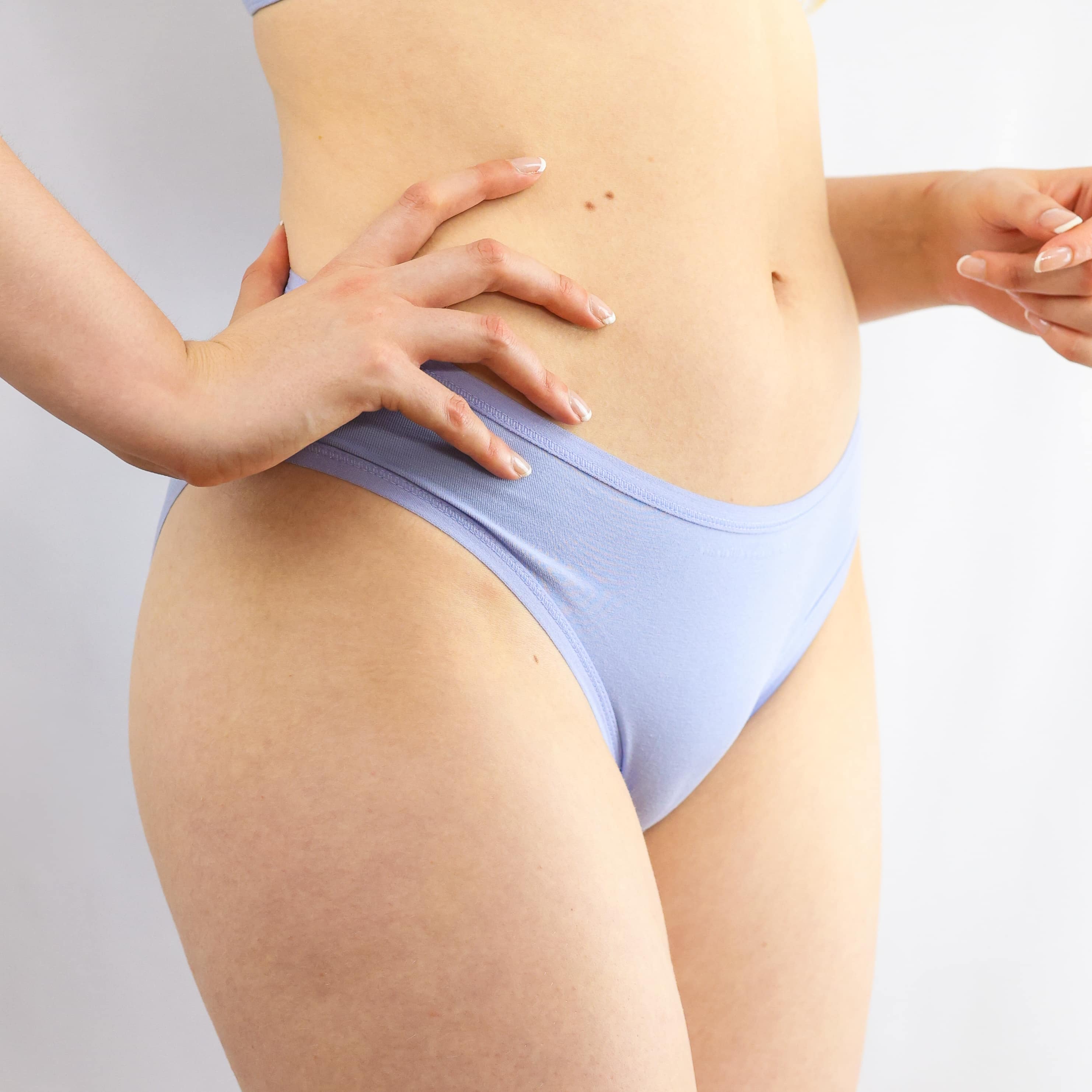
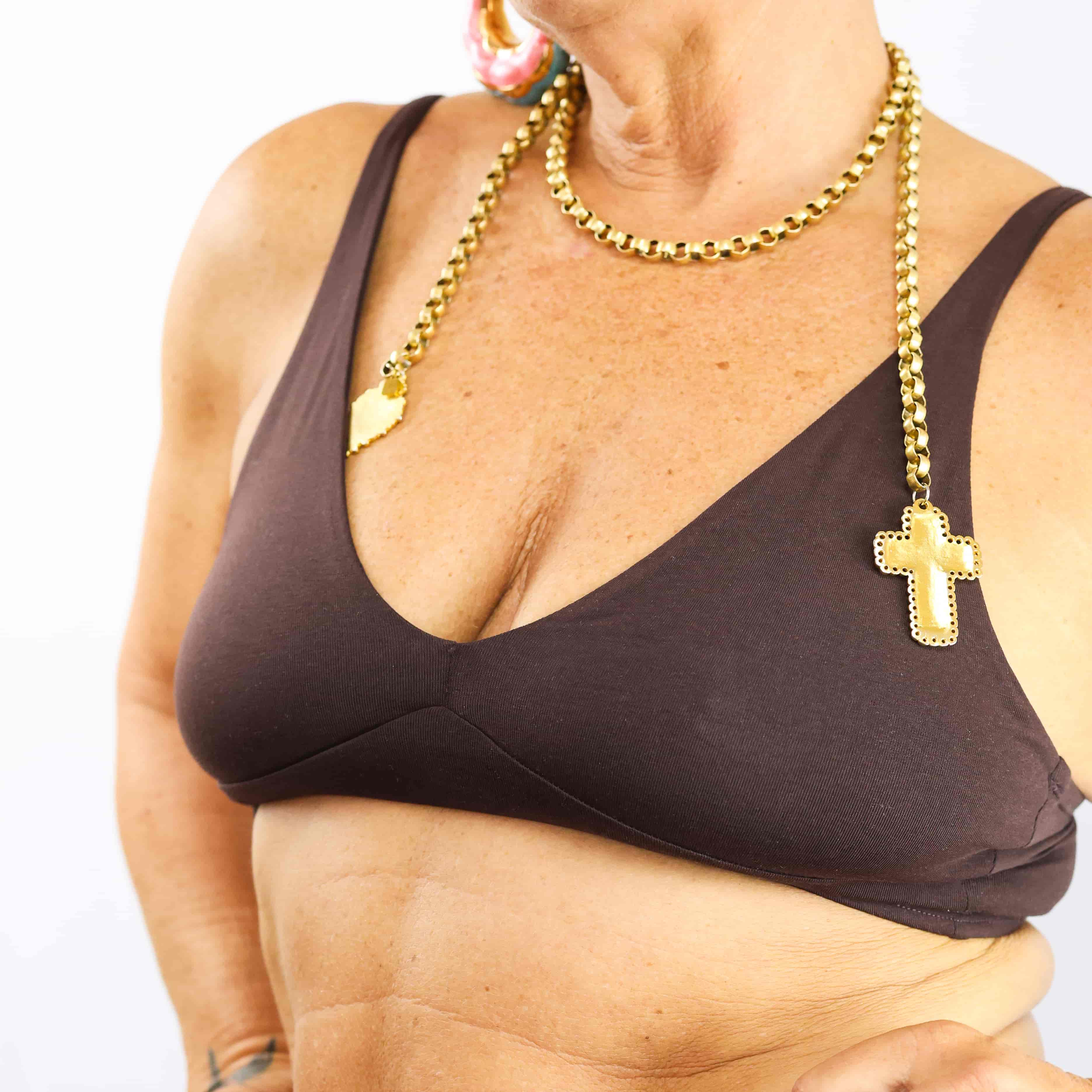
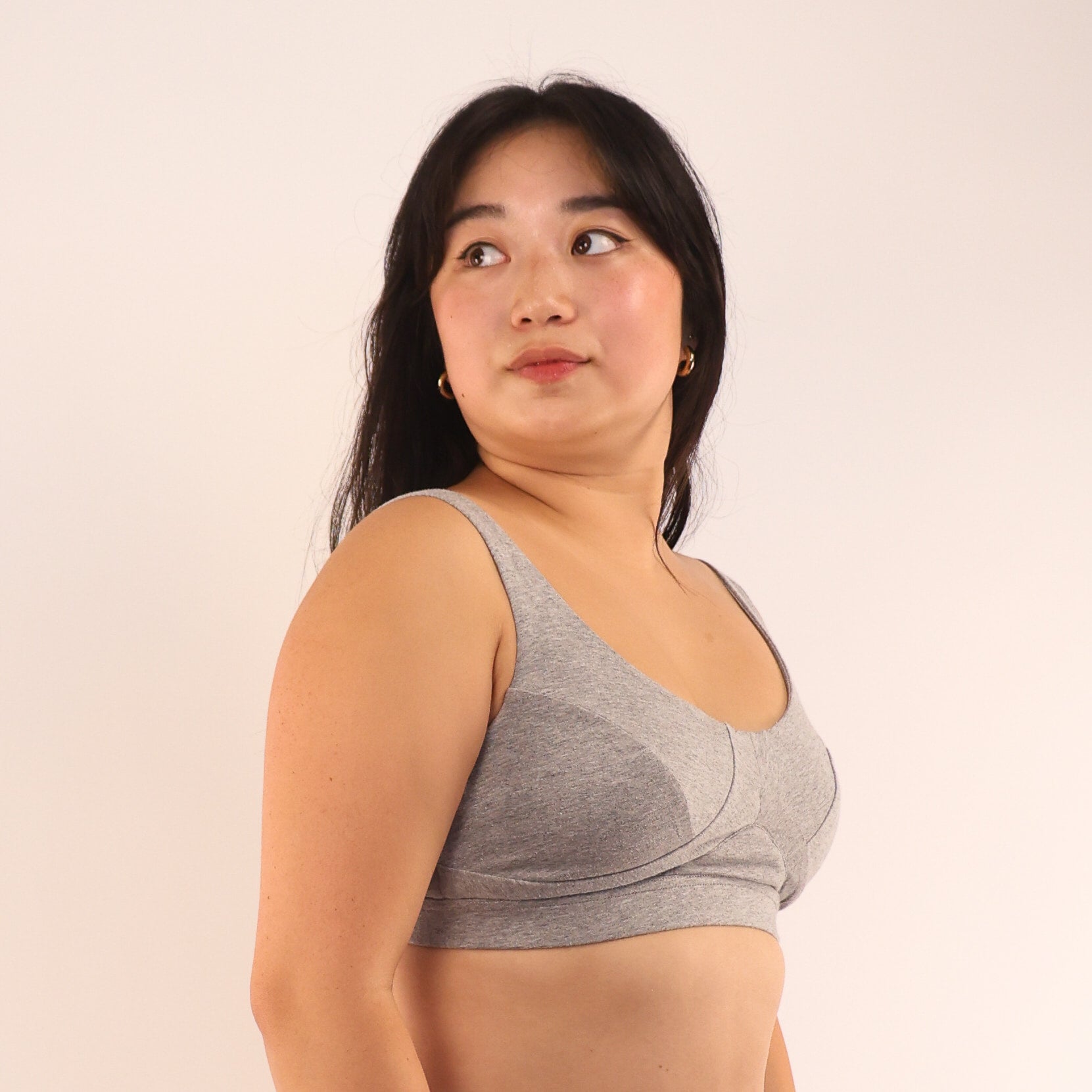
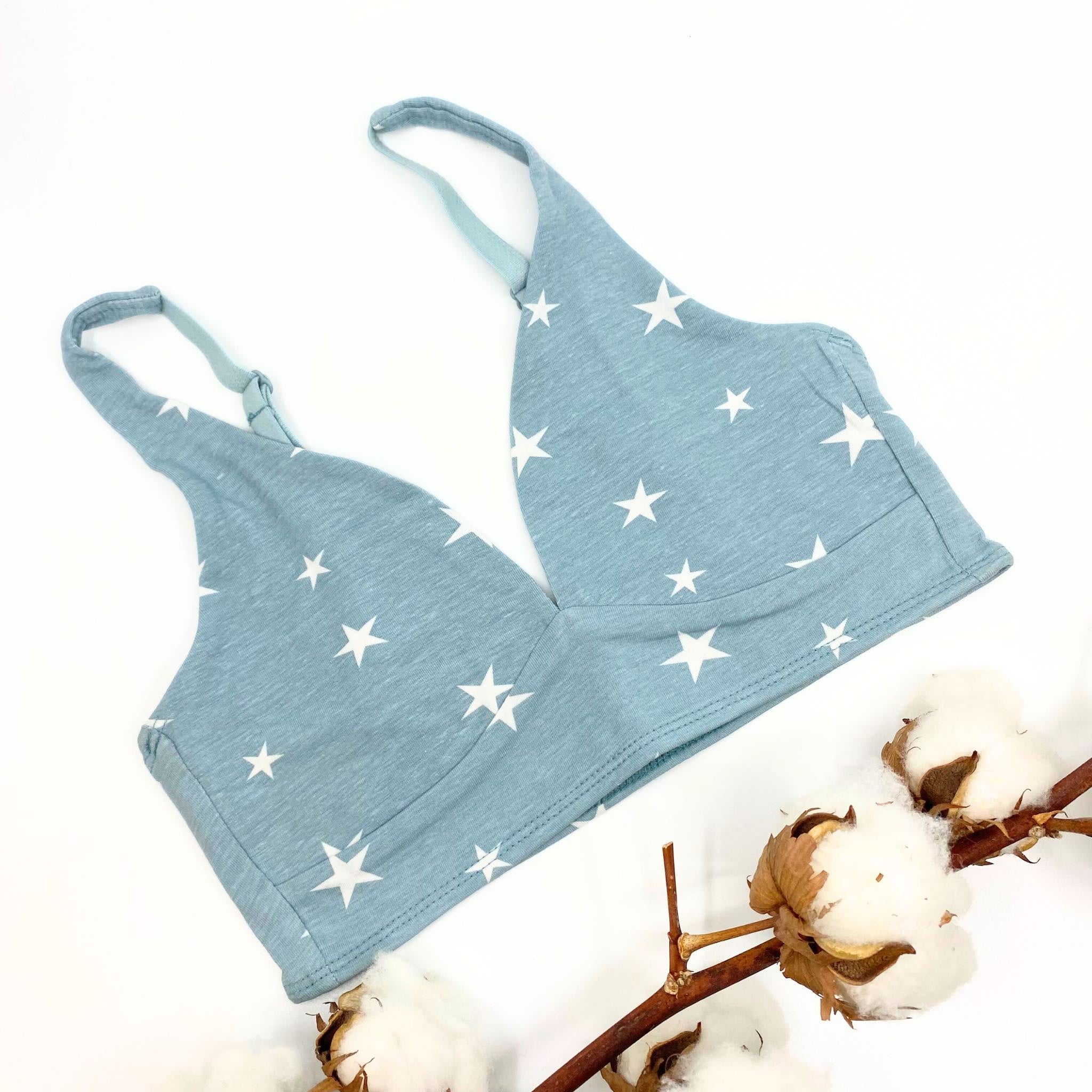
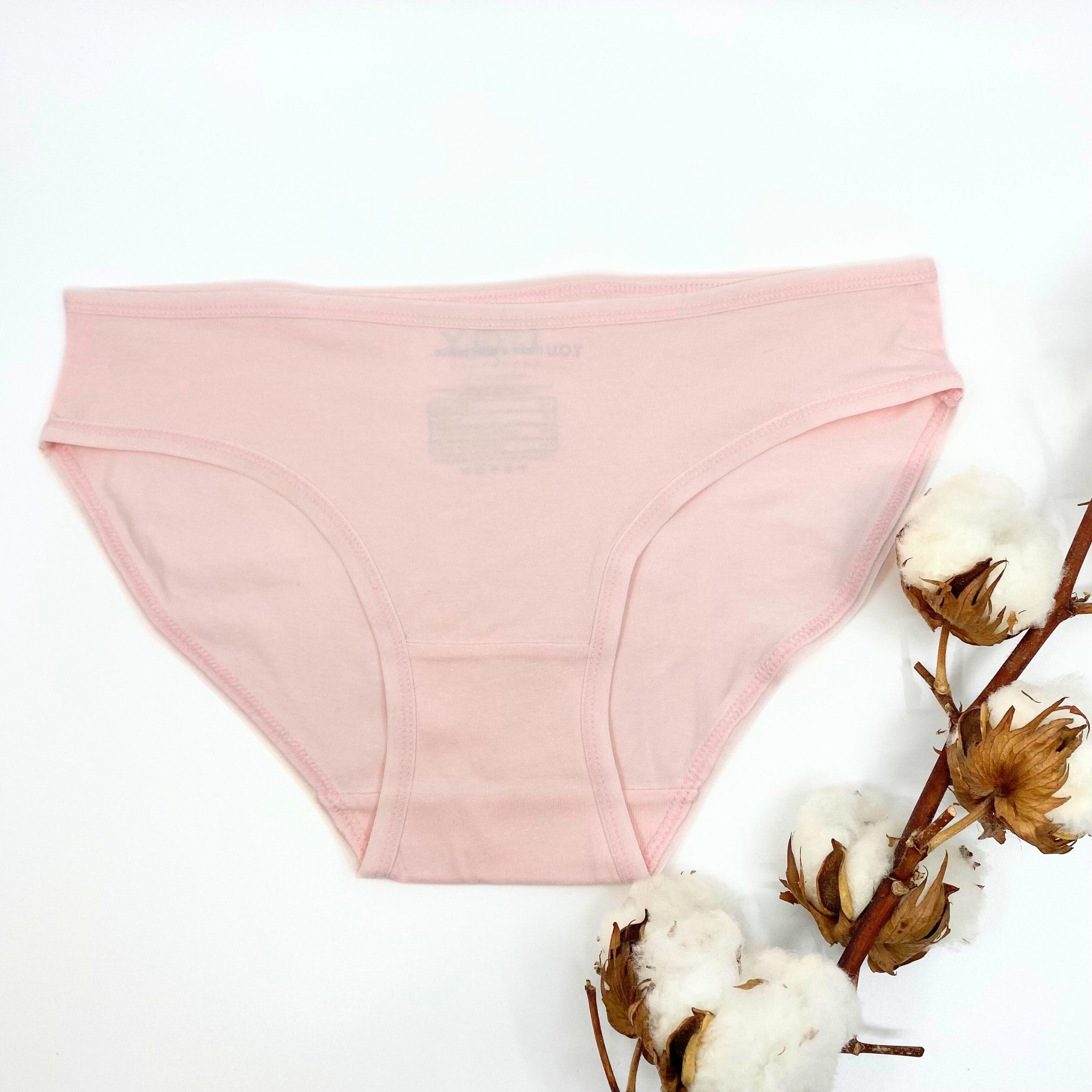
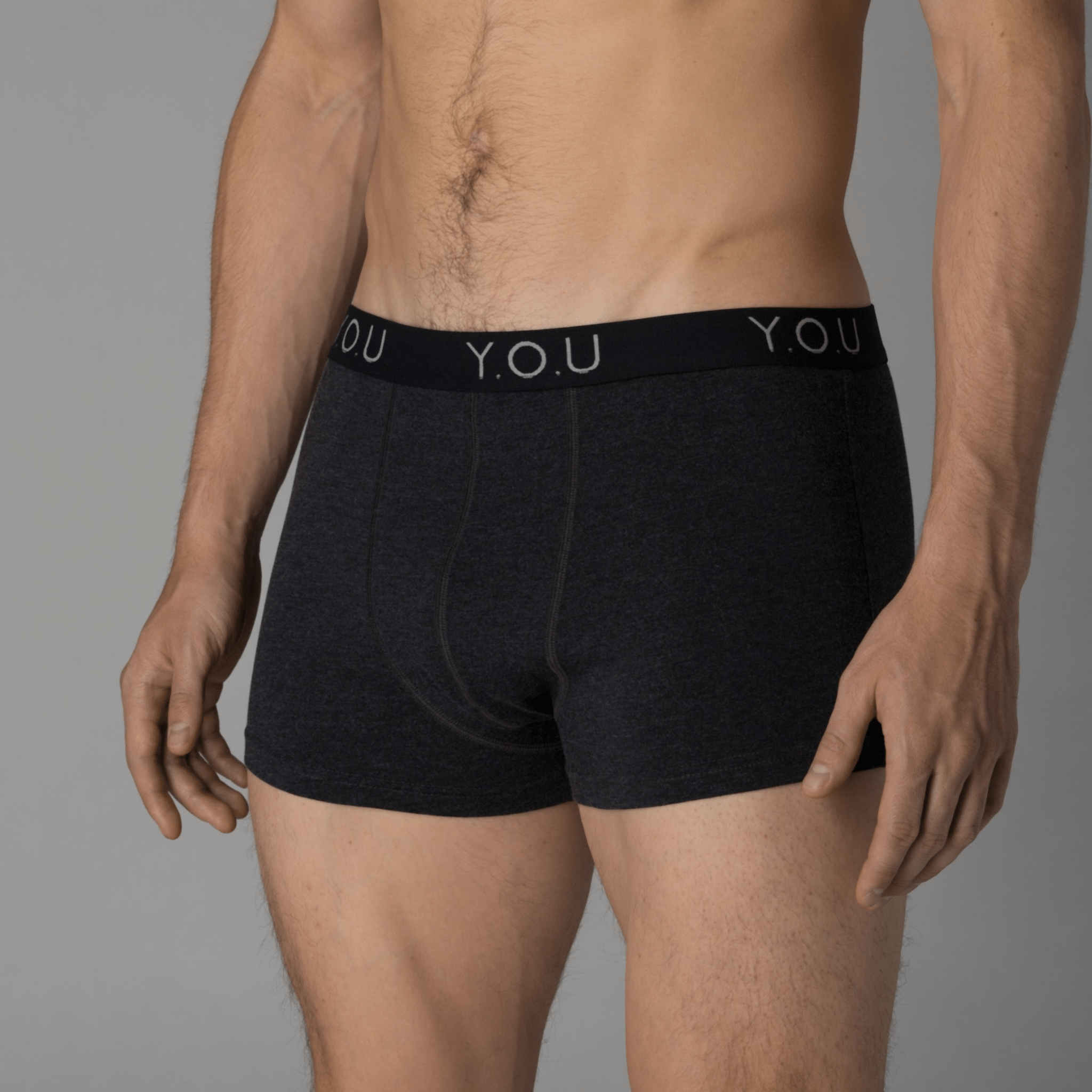
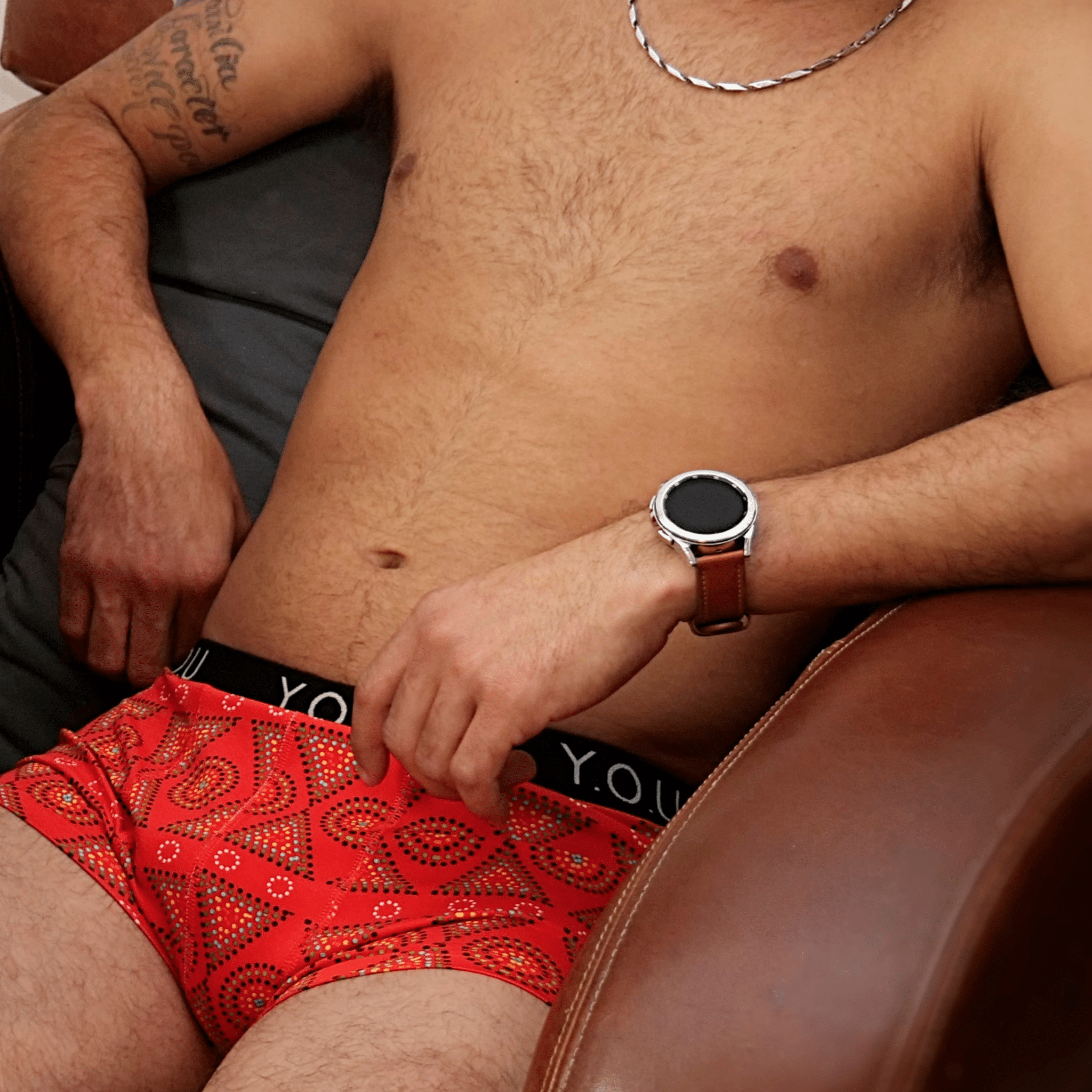
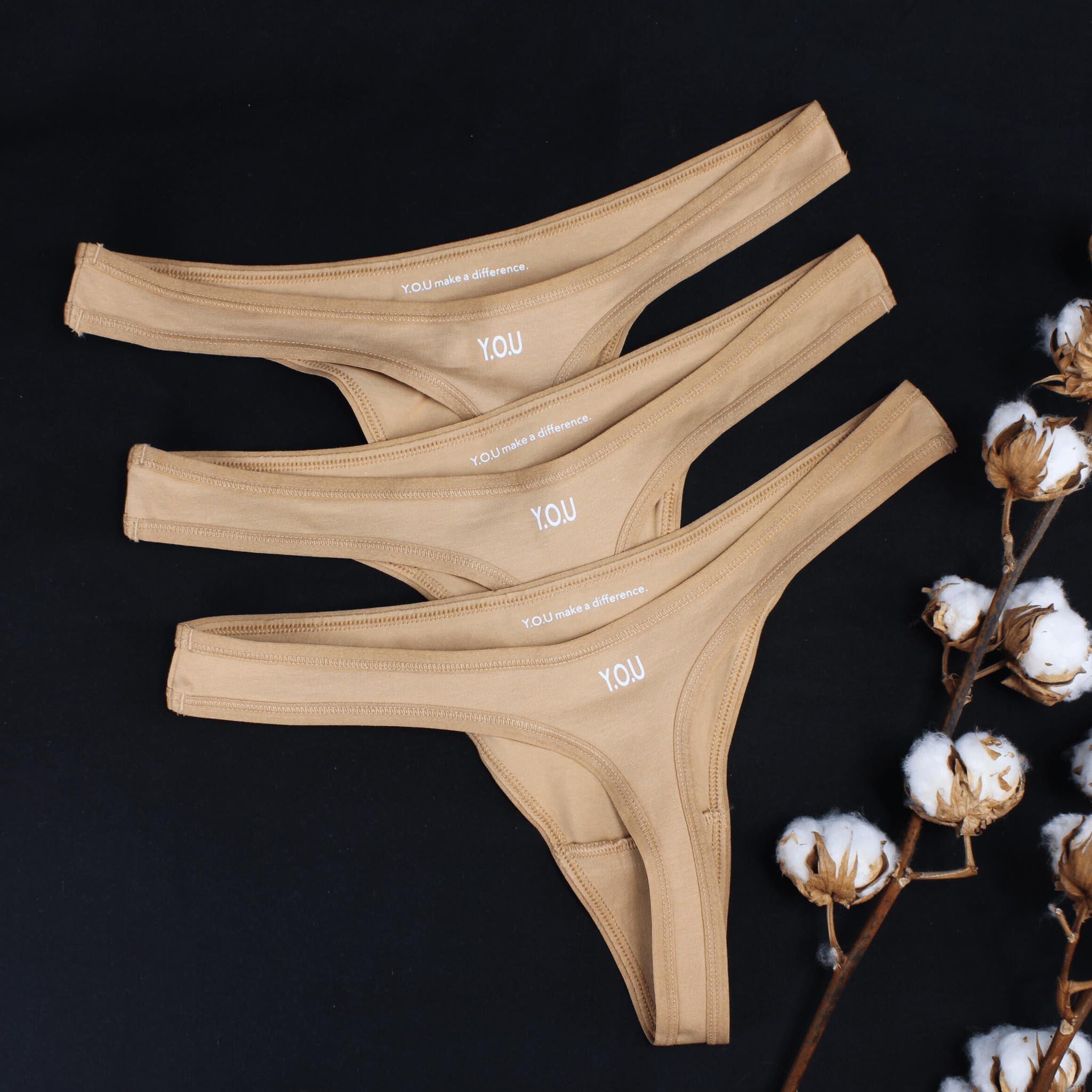
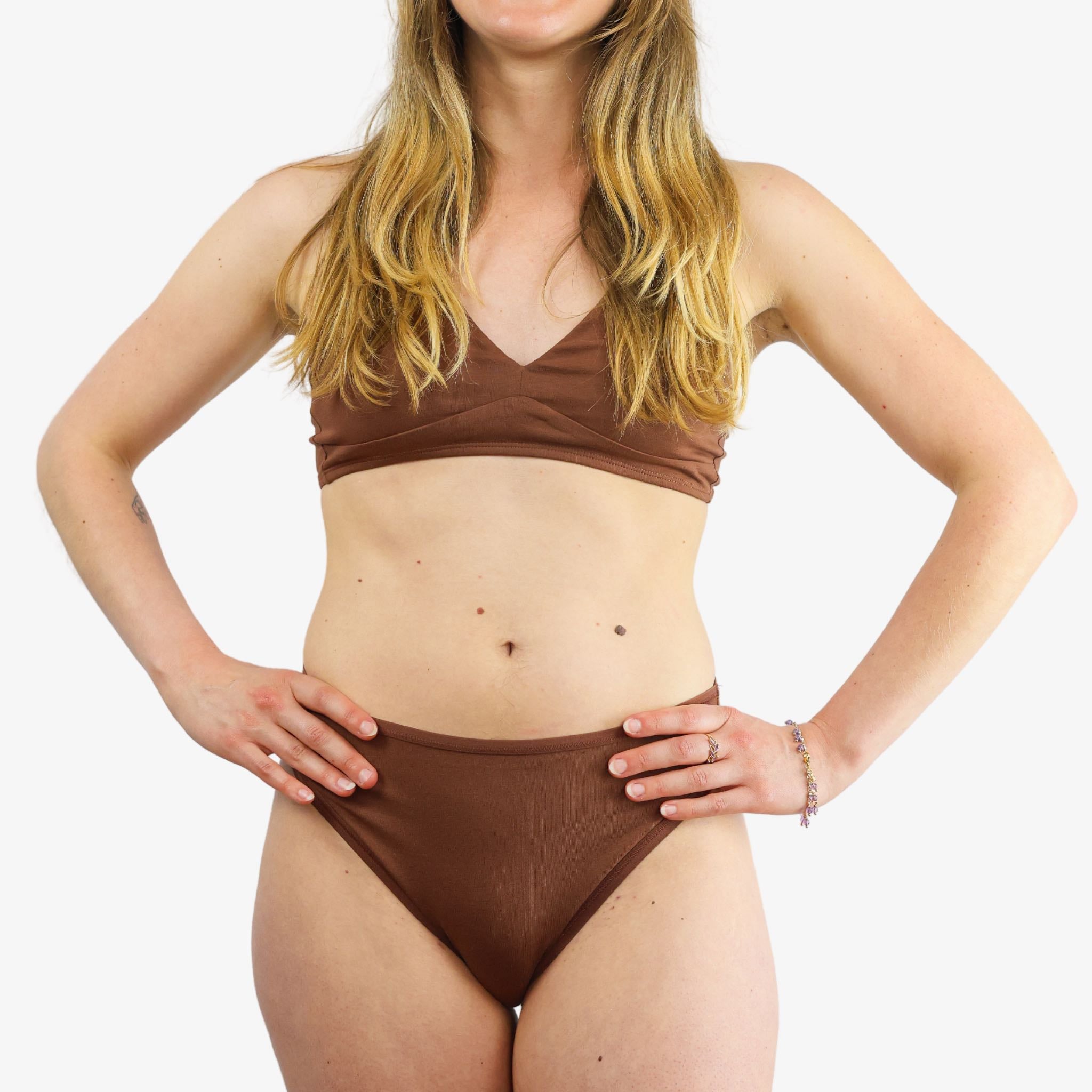
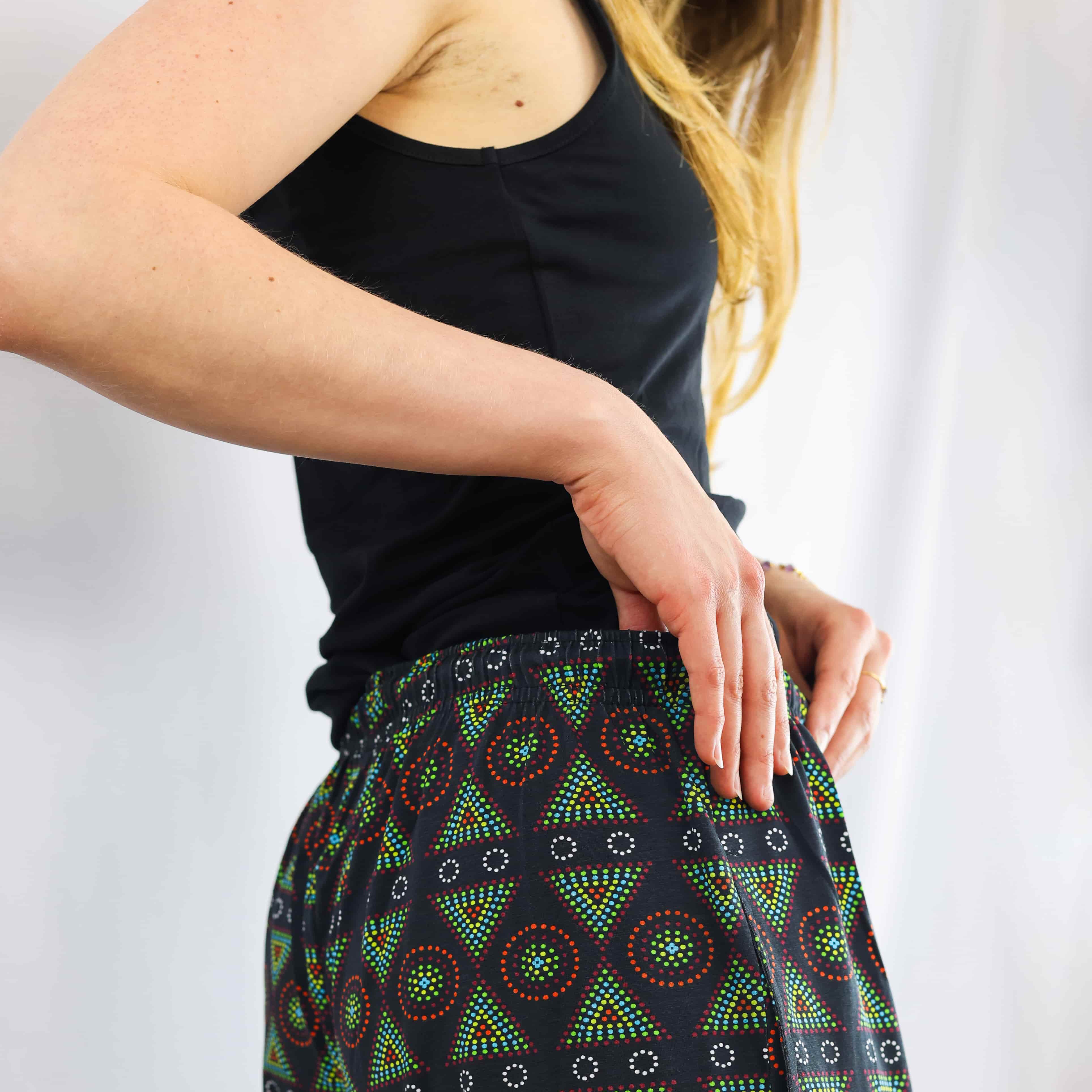
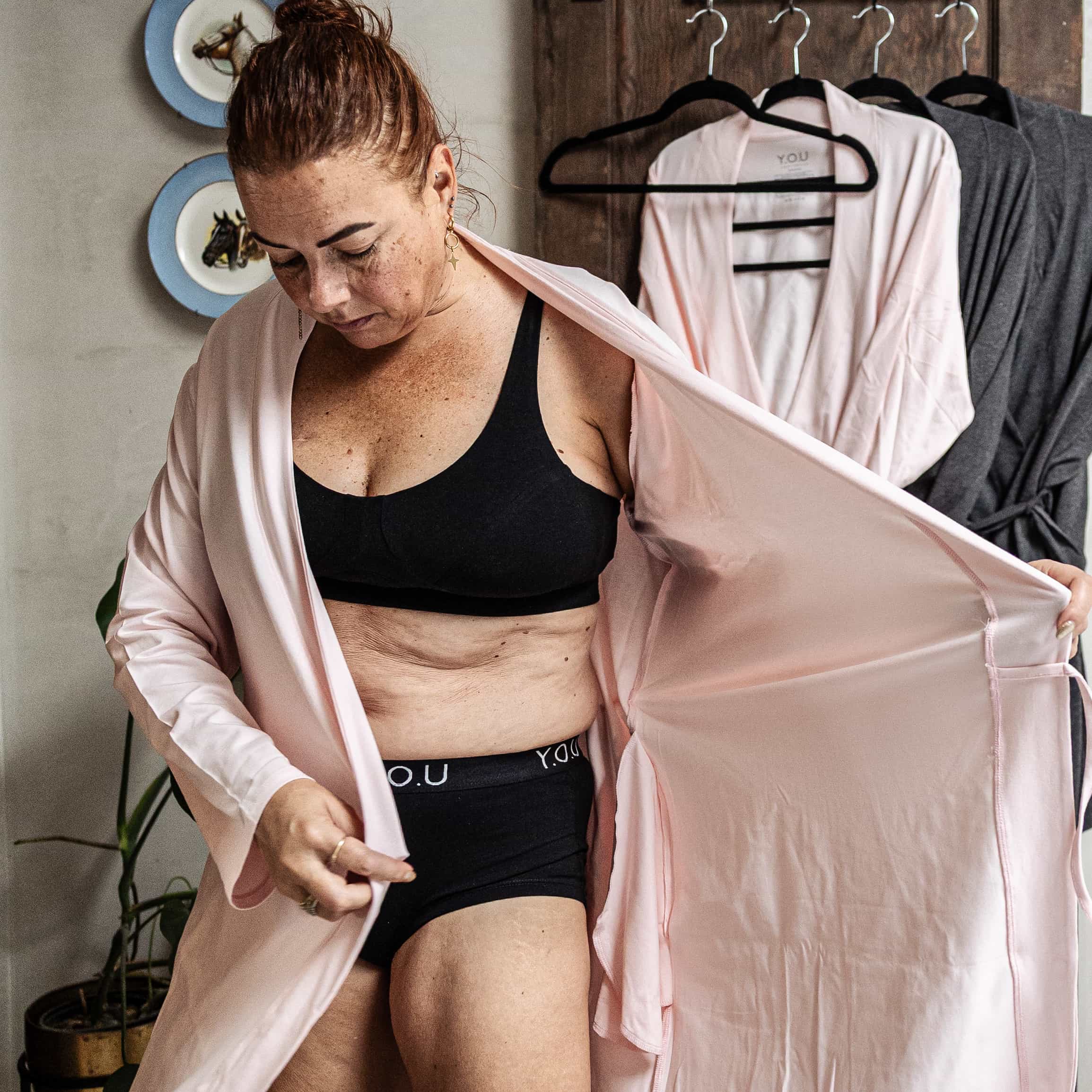

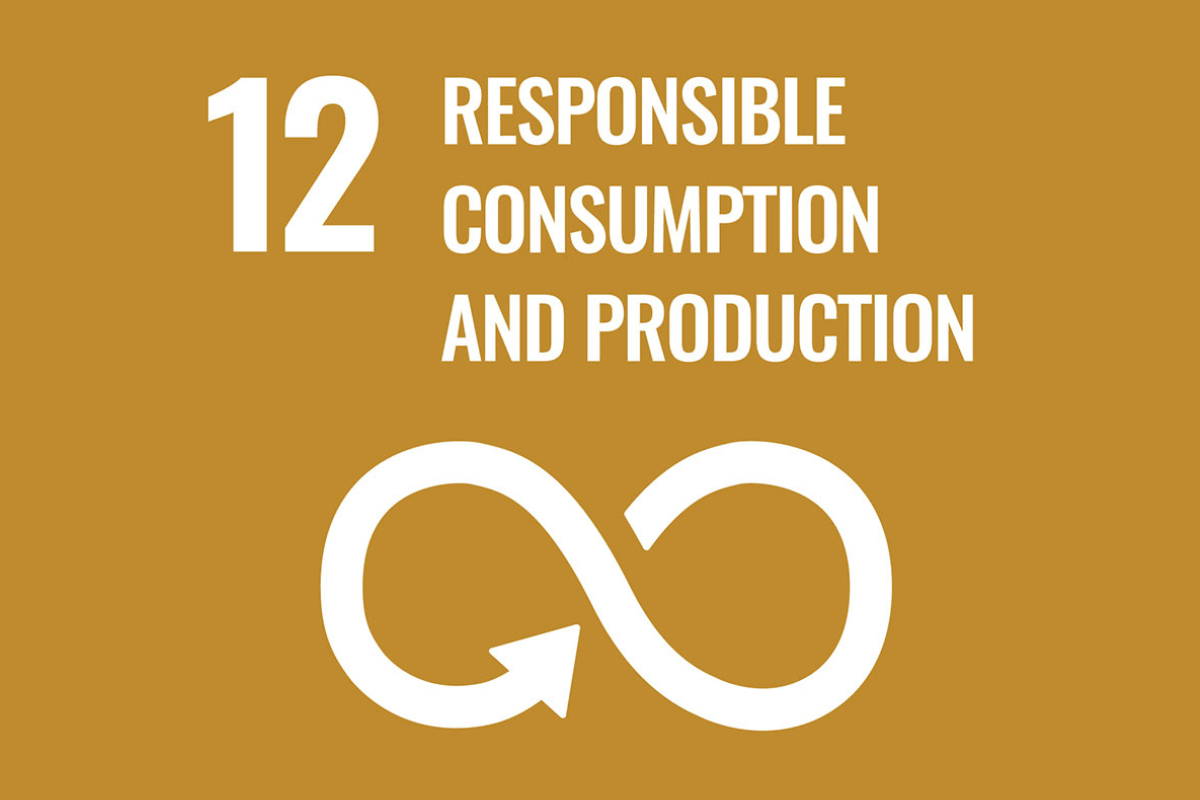
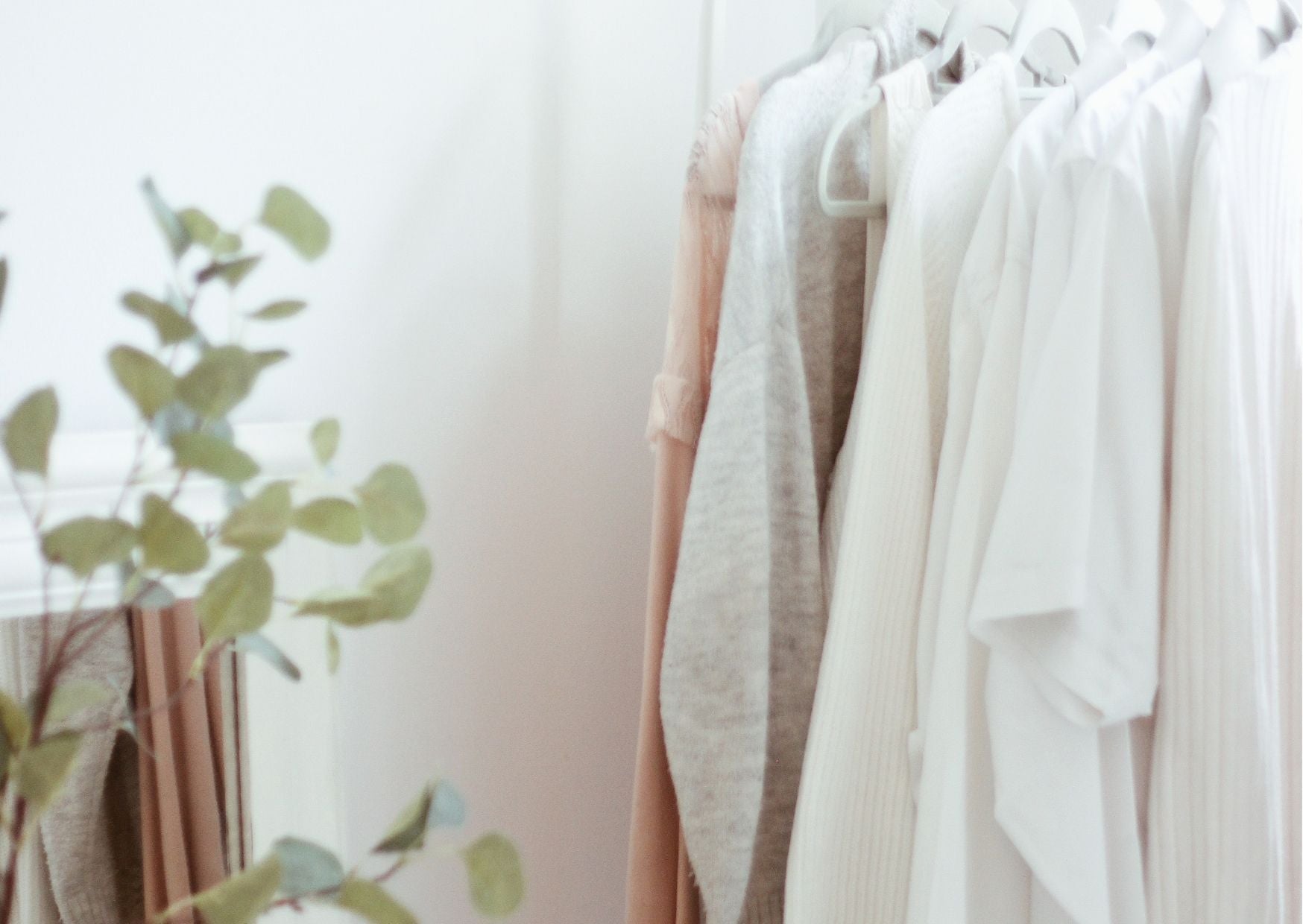


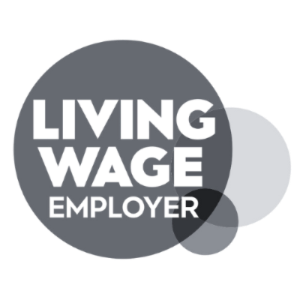



Leave a comment
This site is protected by hCaptcha and the hCaptcha Privacy Policy and Terms of Service apply.